The verdict is in: humans cannot multitask—we task switch—and if we task switch, we're less productive, more anxious, and more mistake-prone. Switching tasks drains our brains. But we're not always self-aware—people who claim they're good at multitasking actually perform the worst.
Many of us understand multitasking is not ideal. When we attempt simultaneous projects, we feel stressed and distracted; we feel our work is sub-par. Yet in the face of scientific research and our own experience, we still try to multitask. We think if we do many things at once, life might be easier.
But this constant state of distraction doesn't make life easier. Distraction leaves us empty—unhappy at work, unfulfilled in relationships, and disconnected from ourselves. The good news is we have a choice. We can change habits; we can choose mindfulness—choose one thing at a time.
Before I began this blog post—an important task for today—I shut down my email, closed other tabs in my browser, and set a timer. For 45 minutes, my attention is on this article. When I feel the tug of distraction, I stay here. When I struggle for the right words, I stay here. When the timer sounds, I'll take a break. Breaks are important; breaks help overall focus. Yet until then, I stay.

Shut down email, phone, chat, and social media? I know this sounds radical. There are endless "yes, buts": What if my boss needs to reach me? Or my child? What if my colleagues judge me? What if I miss out on something online? What if someone "unfriends" me? These reactions are natural, especially in our current culture. Yet consider two additional "yes, buts": What if you spend the rest of your life addicted to distraction? What if you never fully experience your life?
I think single-tasking is worth a try. Shut off the distractions—physically shut them down. See what happens. Notice your reactions. Ease into the space. Focus on one project and bring your whole self to the work. Over time, you might feel more fulfilled, less anxious, and reconnected with life. And if you bring this focus to people—if you actively listen, pay attention, and notice small changes—your relationships might deepen.
With any mindfulness practice the trick is this: remember to remember. It's so easy to forget. The more we practice, though, the more we remember. Because the habits we strengthen are the habits we practice. I try to ask myself each day: Do I want to strengthen distraction or awareness? Judgment or kindness? Rigidness or curiosity? What choices lie in front of me? When I forget and then remember, I try to smile and kindly bring myself back to awareness.

